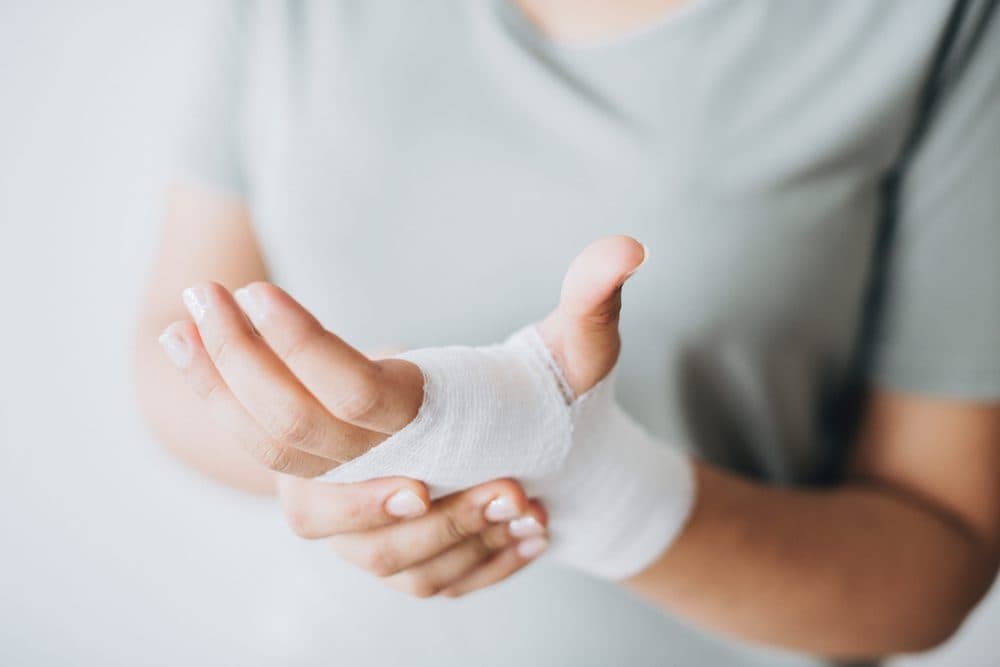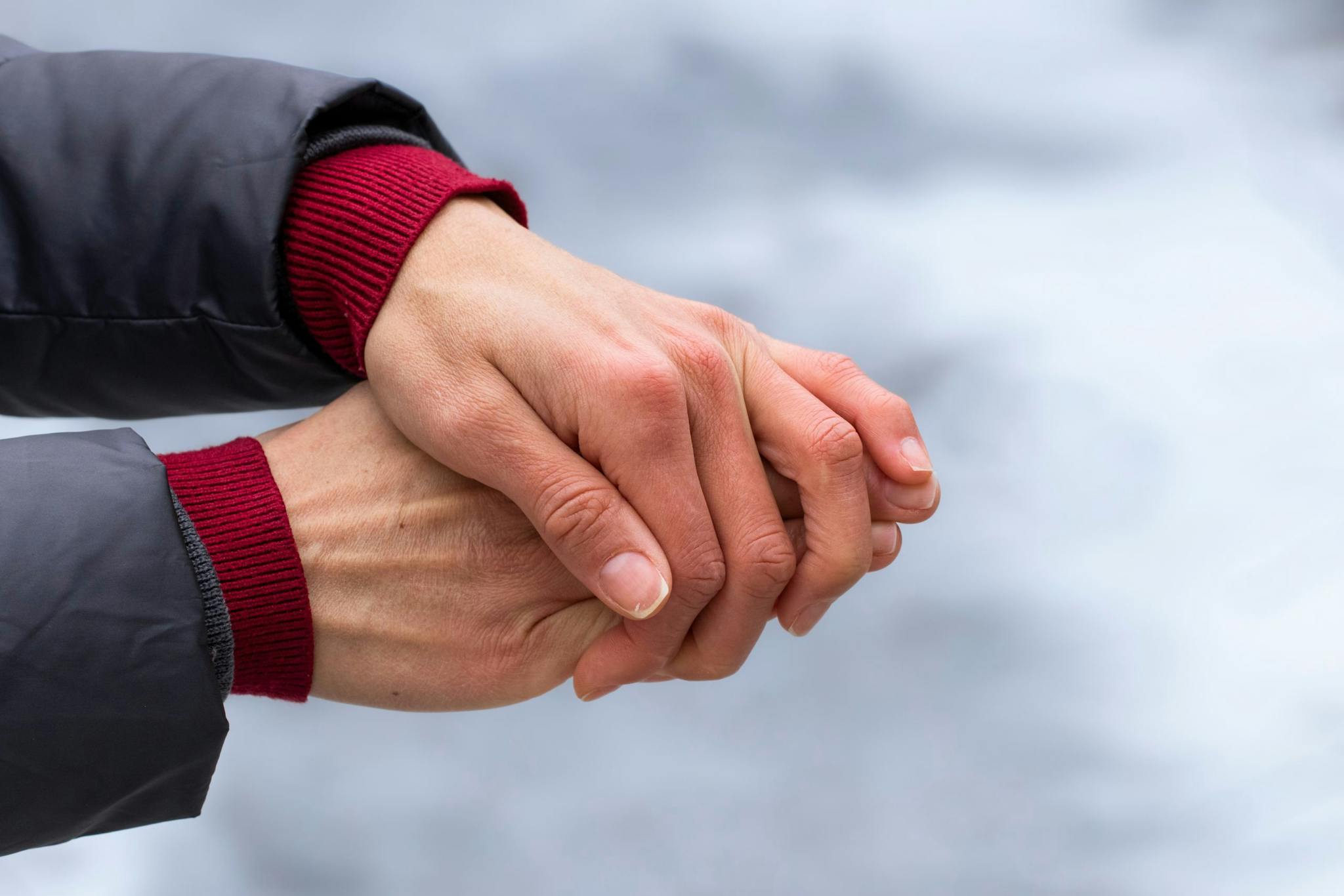
2024-10-09T14:26:27
The Benefits of Seeing a Certified Diabetes Care and Education Specialist
- Endocrinology
- Family Medicine
July 3, 2019 | Family Medicine

Summer is here, and that means vacations, camping, picnics and fireworks. While warm weather brings these fun activities, it also brings fire hazards and burn risks. Keep your family safe by learning about how to prevent and treat common burn injuries.
Playground equipment can get incredibly hot and cause serious burns. Playground slides, for example, have been reported to reach temperatures exceeding 160 degrees, which is hot enough to cause first-, second- and sometimes third-degree burns. Fire poles, monkey bars, swings and black rubber playground bases can also reach these high temperatures. It is also important to remember that children burn more easily than adults. In order to lessen or avoid the likelihood of getting burned, you can:
Outdoor Grills
Outdoor cookouts are one of the best ways to spend a summer night. To keep yourself, children and others attending the cookout safe, you can:
The embers from a campfire are more likely to cause burns than the flames, and fire pits can stay hot for up to 12 hours after being put out. Stay safe by:
The safest way to enjoy fireworks is to let the professionals handle them. For those who want to use their own fireworks (and live in areas where it is legal to do so), follow these tips:
One of the most dangerous types of fireworks is sparklers. Sparklers burn at about 2,000 degrees which is hot enough to burn some metals. Sparklers alone account for more than 25% of emergency room fireworks injuries.
Minor burns are easy to care for at home. A minor burn can be a first-degree burn or a second-degree burn in a small area. A first-degree burn occurs on only the top layer of skin and will turn red, swell and be slightly painful. A second degree-burn will blister, turn red, swell and be painful. To treat a minor burn:
Minor burns can take up to three weeks to heal and may itch during the healing process. Do not scratch the burn if it begins to itch. You will also want to protect the burned area from the sun as this will help prevent scarring.
Although you do not need to contact your doctor for a minor burn, a more serious burn does require medical attention. You should seek medical attention for:
Stay safe this summer and contact your doctor if you have concerns about burns you or a family member may have.
“Minor burns – aftercare.” U.S. National Library of Medicine. https://medlineplus.gov/ency/patientinstructions/000662.htm
“How to treat a first-degree, minor burn.” American Academy of Dermatology. https://www.aad.org/public/skin-hair-nails/injured-skin/burns
“Summertime Burn Safety.” U.S. FEMA. https://www.usfa.fema.gov/downloads/pdf/publications/summertime_burn_safety_flyer.pdf
“Summer Burn Safety.” Children’s Hospital of Colorado. https://childrenscolorado.org/conditions-and-advice/parenting/parenting-articles/summer-burn-safety/
“Dangers of Playgrounds in High Temperatures.” Burn Foundation. http://burnfoundation.org/assets/asset_1013.pdf
“Leave Fireworks to the Experts.” The National Safety Council. https://www.nsc.org/home-safety/tools-resources/seasonal-safety/summer/fireworks
“Fireworks.” National Fire Protection Association. https://www.nfpa.org/-/media/Images/Public-Education/By-topic/Fireworks/FireworksInfographic.jpg

WRITTEN BY:
The Live Better Team


2024-10-09T14:26:27

2024-09-19T11:59:35

2024-08-13T14:52:39

2024-04-22T15:01:37
This information is not intended to replace the advice of a medical professional. You should always consult your doctor before making decisions about your health.